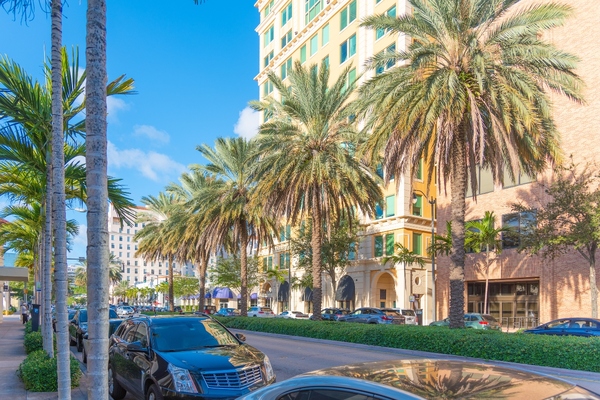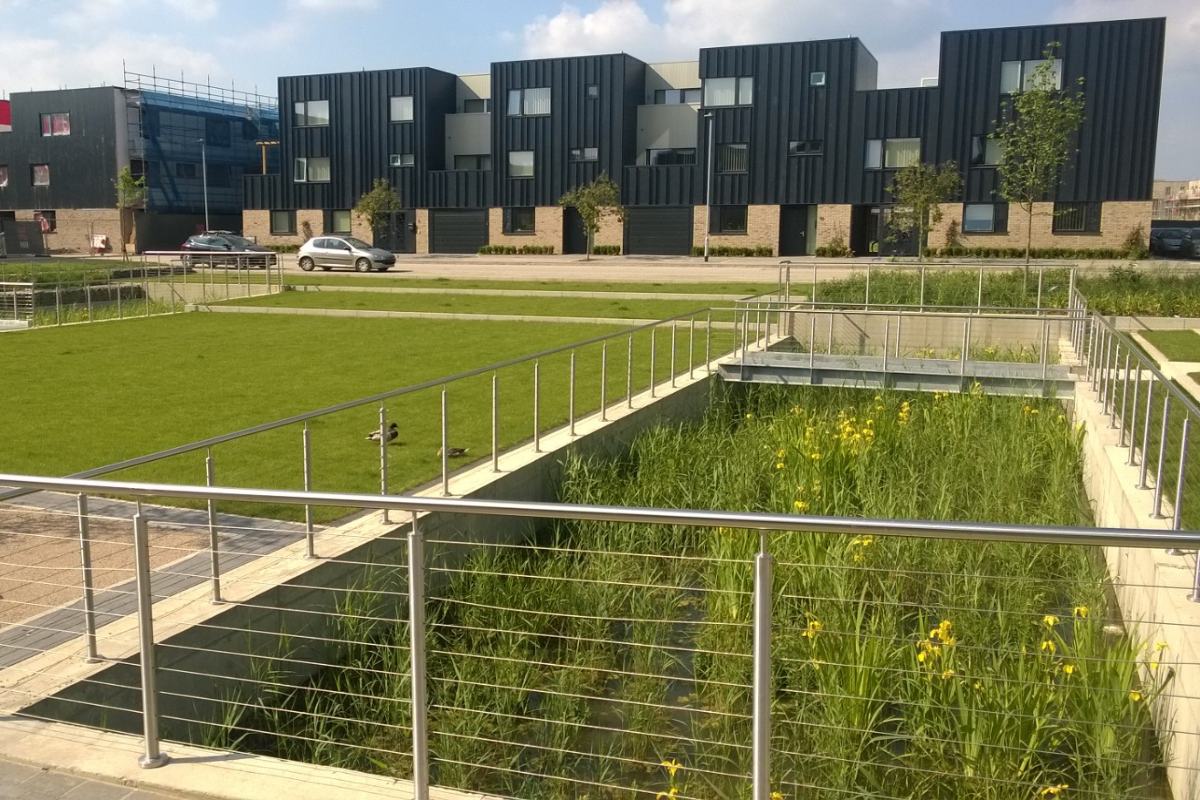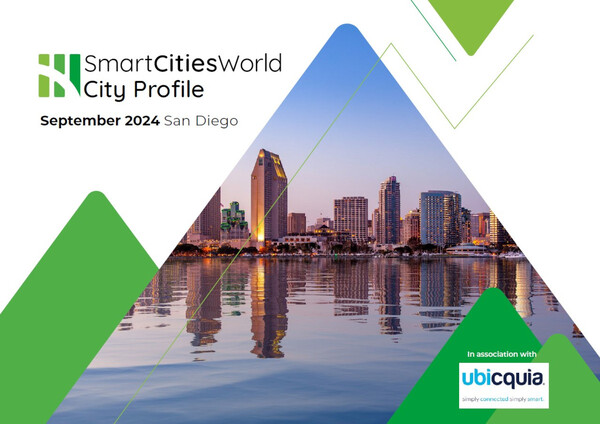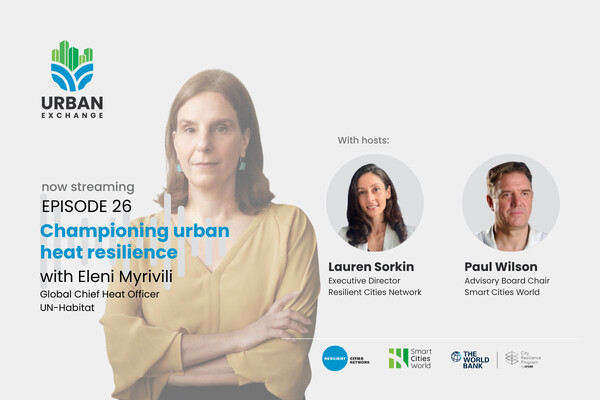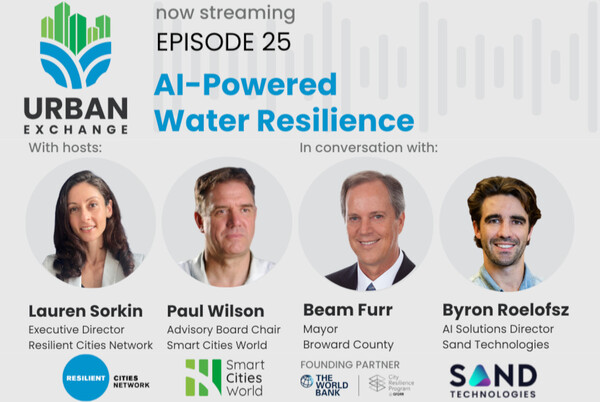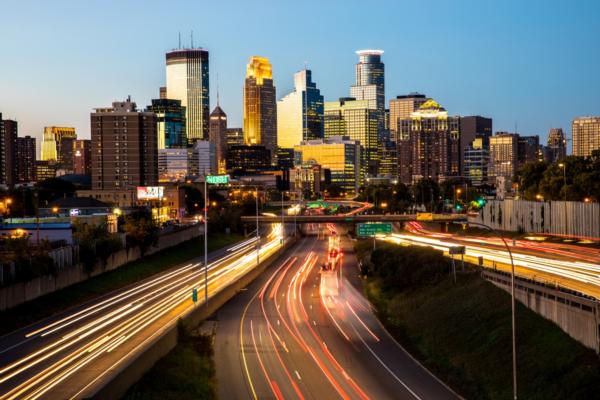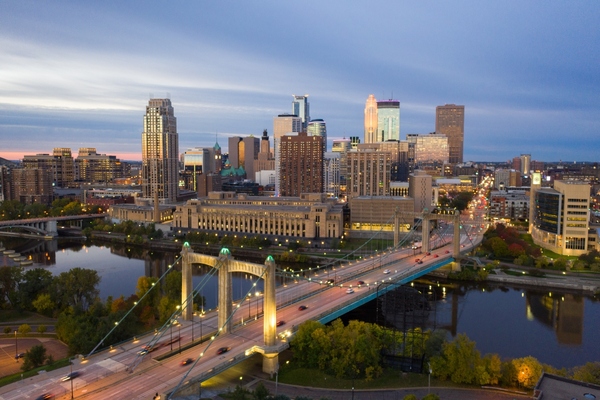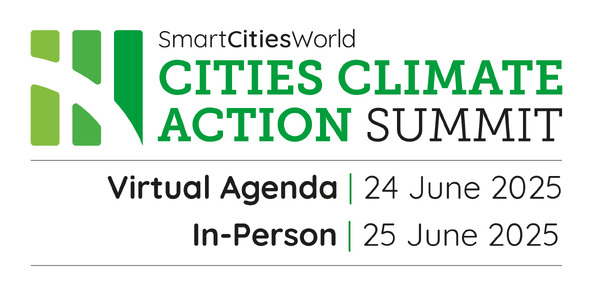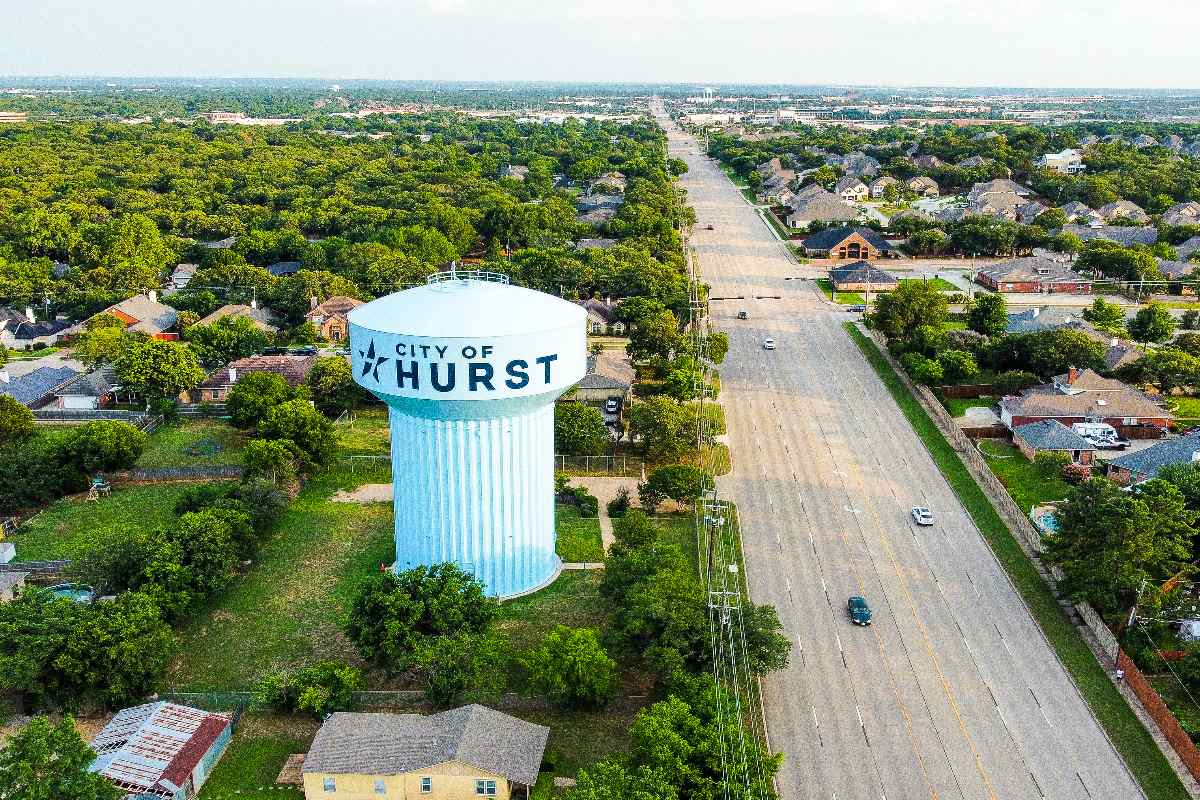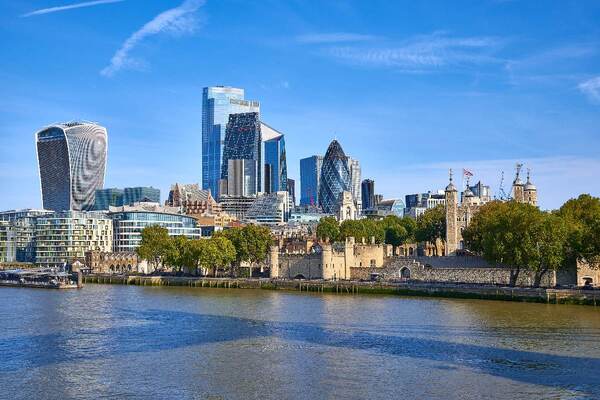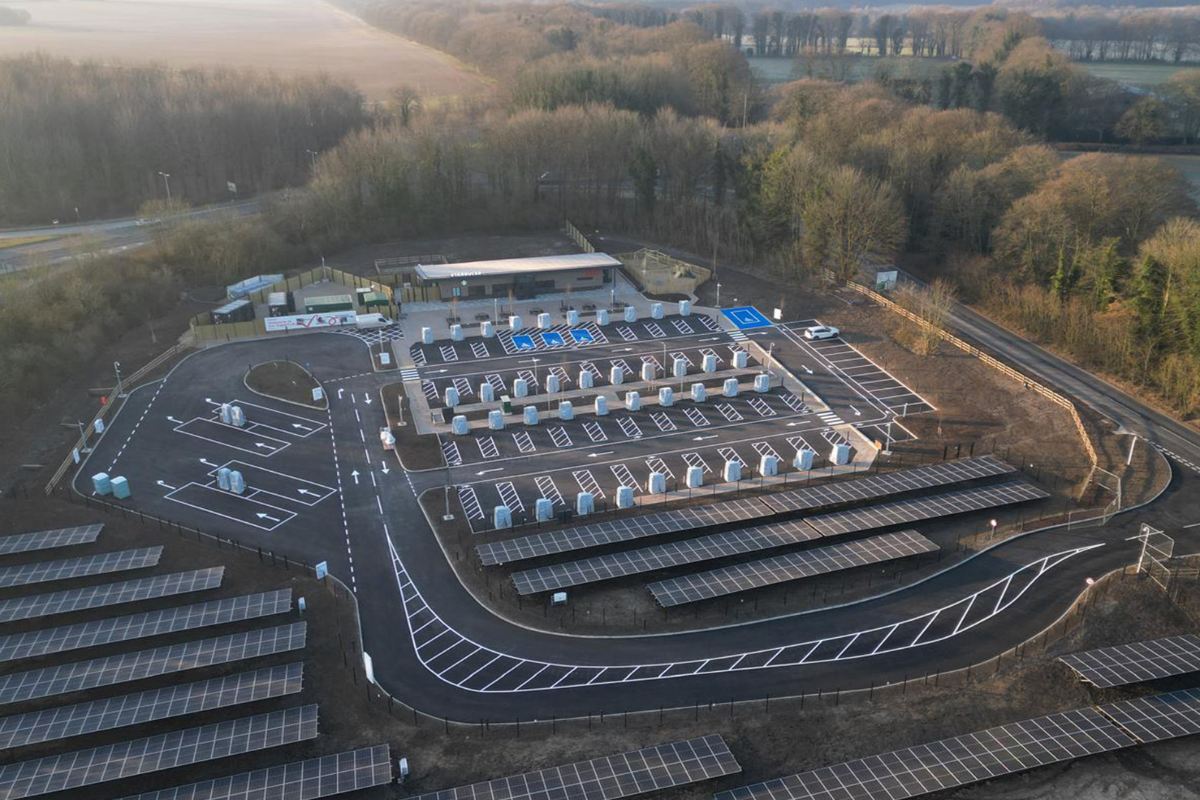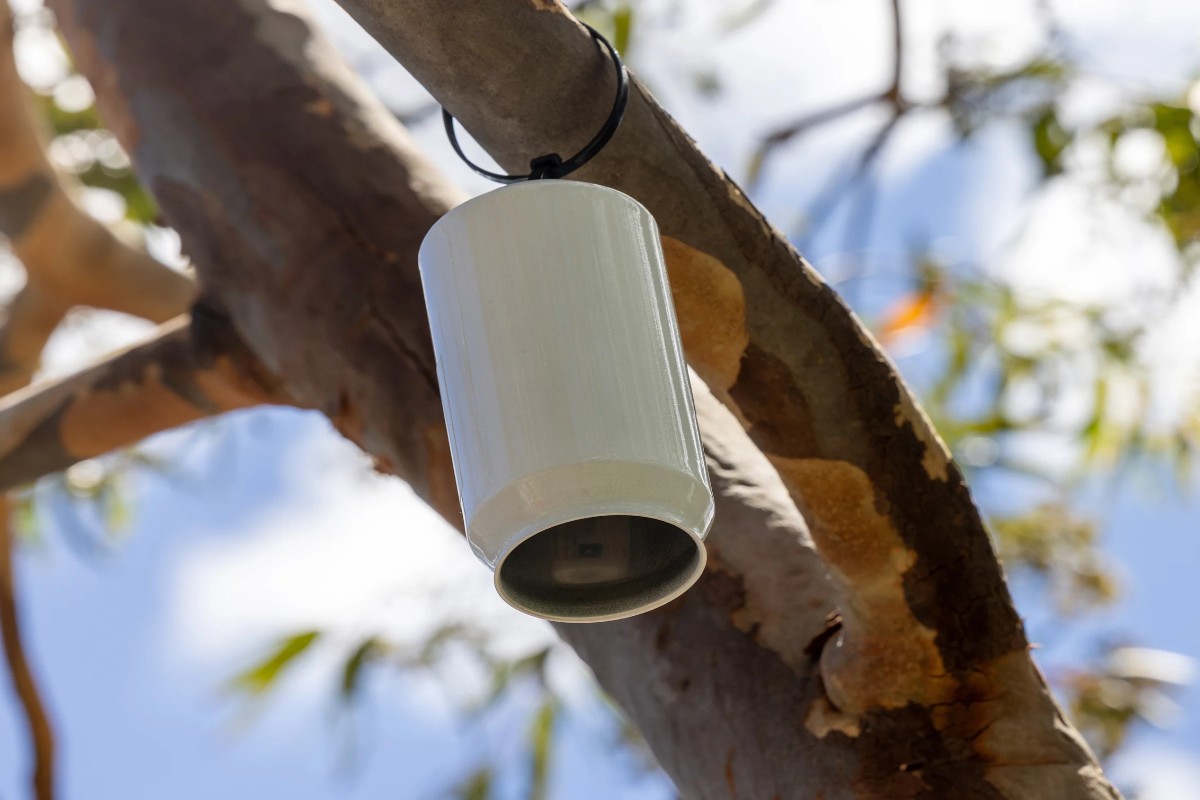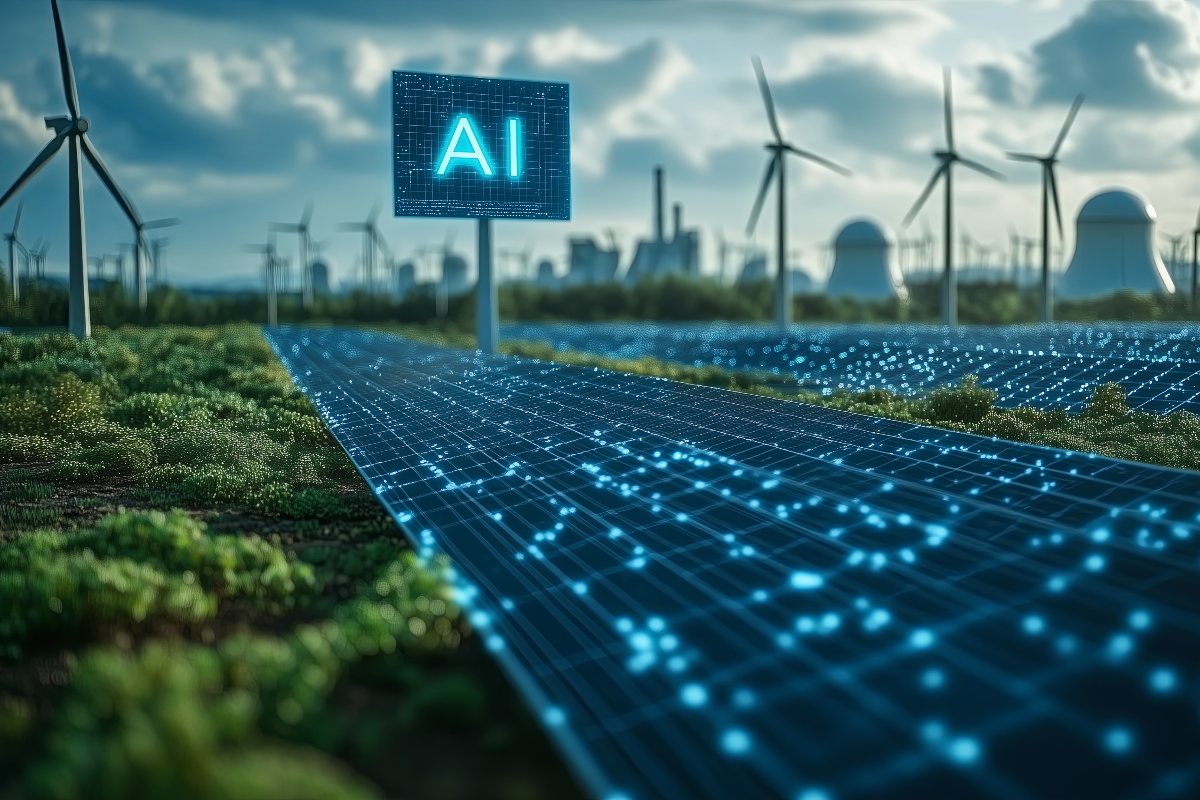Opinions
Identifying meaningful use cases to fulfil the promise of AI in citiesSponsored by Sand Technologies
Assessing and mitigating risk in smart city developmentsSponsored article
City of Minneapolis to build and operate biochar facility
One of the chief benefits of biochar is its carbon sequestration capability, making the facility a key part of the City’s 2023 Climate Equity Plan activities.
Minneapolis is to become the first city in North America to own and operate a biochar facility, forming a key strand of its climate action activities.
Biochar is a specialised charcoal created by heating wood waste to 700 degrees in a low-oxygen environment. One of its chief benefits is carbon sequestration, making this a carbon-negative project and helping the City achieve its 2023 Climate Equity Plan goals.
Carbon neutrality by 2050
Construction on the facility is expected to begin this spring with biochar production beginning in the summer or early fall. It is working with US clean energy provider Xcel Energy to deliver the project.
“Minneapolis is at the forefront of biochar production, and partnerships like this are crucial to our mission of achieving carbon neutrality by 2050,” said mayor Jacob Frey. “Collaborating with Xcel to repurpose tree trimming and vegetation into biochar not only strengthens our sustainability efforts but also accelerates our progress toward a greener future. Building a climate-resilient future requires all of us, and we’re proud to work alongside dedicated partners in this effort.”
The facility will be located at 670 25th Ave. SE and have the capacity to annually:
- process over 3,000 tons of wood waste
- produce over 500 tons of biochar
- remove nearly 3,700 tons of carbon dioxide which is the equivalent of taking over 789 cars off the road.
“Seeing this project come to life has been many years in the making and is currently the City’s only existing carbon-negative project,” said Jim Doten, carbon sequestration programme manager. “Biochar is a versatile product that will benefit the green infrastructure of our city and its soil by creating drought resistance and improving nutrient delivery. I’m thrilled about the positive impact this facility and biochar will have on Minneapolis.”
“Building a climate-resilient future requires all of us, and we’re proud to work alongside dedicated partners in this effort”
Xcel Energy recently signed an agreement with the City of Minneapolis to supply wood waste for biochar production at the facility. The agreement allows Xcel Energy to provide tree trimmings and other vegetation from its power line maintenance operations to help produce the biochar.
Xcel Energy conducts routine tree trimming and other vegetation management services to minimise the risk of interference with electrical equipment. In 2024 alone, crews worked on more than 50 miles of distribution lines and 20 miles of transmission lines in Minneapolis, leaving an abundance of wood waste in need of disposal.
“Tree trimming is an important part of our year-round dedication to providing the residents and businesses of Minneapolis with safe and reliable electric service,” said John Marshall, regional vice president, community relations and foundation at Xcel Energy. “Contributing these trimmings to the City of Minneapolis’s biochar project not only builds on our longstanding commitment to carbon reduction but also serves as a great model for how cities and the energy companies can work together on innovative solutions.”
As part of the agreement, Xcel Energy will collect, chip and deliver vegetation resulting from its vegetation management operations in a six-mile radius to the City as it is available and the City has agreed the vegetation will be used for the production of biochar. Each party will bear all of its costs and expenses and neither party will provide or receive funding from the other party under the agreement.
Once operational, biochar created at the facility will:
- Address the oversupply of wood waste in the city (ash borer, utility line maintenance)
- Serve as a soil amendment for community gardens and city and county stormwater facilities and boulevards
- Improve soil nutrient utilisation and drought resilience, reduce toxins, and filter and infiltrates stormwater
- Sequester carbon for over 1,000 years
- Achieve the City’s 2023 Climate Equity Plan goals.
Community project partners include Little Earth; Indian Health Board; 24th Street Urban Farming Coalition; and Minneapolis Edible Boulevards. The Government and institutional partners are: Minneapolis Community Planning and Economic Development (CPED), Public Works and Property Services; Shakopee Mdewakanton Sioux Community; University of Minnesota Natural Resources Research Institute; MnDOT, Hennepin County, Minnesota Pollution Control Agency. The funding partner is Bloomberg Philanthropies.


